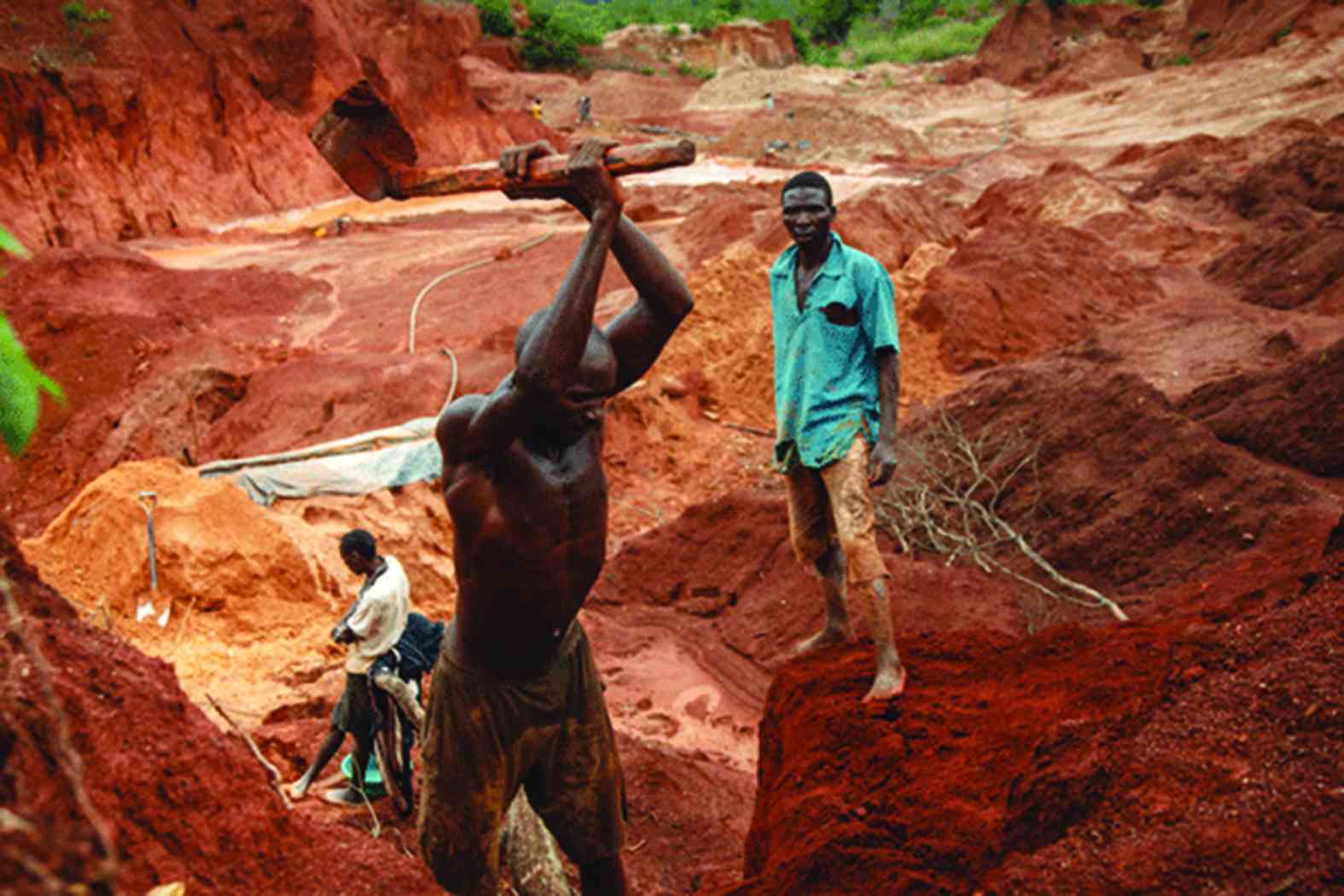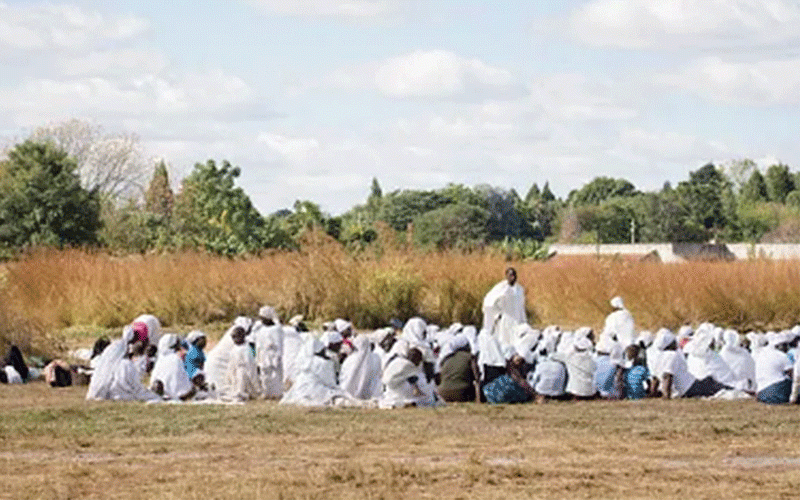
THE Penhalonga area in eastern Zimbabwe has become a battleground, as civil society groups and local residents fight a seemingly uphill battle against the rampant illegal riverbed mining activities orchestrated by the political elite and well-connected Chinese entities.
Despite the government’s recent ban on riverbed mining, the practice continues unabated, devastating the livelihoods of communities that have depended on these vital water sources for generations.
Against this background, civic society organisations and residents’ groups, namely Centre for Research and Development (CRD), Penhalonga Youth Development Trust (PYDT), Penhalonga Residents and Ratepayers Trust, Penhalonga Service Delivery Committee, Arda Transau Relocation Development Trust, Zivai Community Empowerment Trust and Chimanimani Development Trust have implored government to demonstrate its commitment to end riverbed mining.
Addressing journalists in Mutare recently, James Mupfumi, the CRD director, said it was high time government puts a stop to political interference in Penhalonga.
“The government must show its commitment by ending all forms of political interference in gold mining activities in the province to allow regulatory authorities to enforce compliance without fear of victimisation,” said Mupfumi.
“Government must implore on Fidelity Gold Refinery (FGR) to enforce its responsible sourcing and management policy to ensure transparent and accountable sourcing of precious minerals.”
He said FGR must ensure that the gold industry complies with the Money Laundering and Proceeds of Crime Act [Chapter 9:24] among other legal provisions that combat illicit financial flows.
Clinton Masanga, the PYDT director, said government must be sincere in enforcing statutory instruments (SIs) that ban riverbed mining.
- Mavhunga puts DeMbare into Chibuku quarterfinals
- Bulls to charge into Zimbabwe gold stocks
- Ndiraya concerned as goals dry up
- Letters: How solar power is transforming African farms
Keep Reading
“The government should strengthen existing legal provisions on riverbed mining ban by re-enacting section 3 of SI 92 of 2014 to ensure just application of the law on riverbed mining,” he said.
“There is need to undertake environmental audits to fully comprehend the scale of destruction in affected rivers and hold those responsible for environmental crime accountable for rehabilitation.”
Evamore Mubayi, a service delivery committee member from Tsvingwe Residents Association in Penhalonga, said it was disheartening to see water sources being destroyed by mining activities.
“Our rivers are being destroyed right before our eyes,” she said.
“The government promised to end this, but it seems their words mean nothing when powerful people are making money from this destruction.”
Mubayi said the once-thriving Tsvingwe River ecosystem had been reduced to barren and sand-choked channels, robbing the surrounding communities of vital water resources and disrupting agricultural activities.
“We used to rely on the river for irrigation, fishing and even drinking water,” Mubayi said.
The civil society groups and other activists have been organising protests and lobbying government to take decisive action against riverbed mining.
However, their pleas have largely fallen on deaf ears, as the mining operations are often protected by political elites and also boast of sheer economic might.
“There is serious political influence from those in the echelons of power. They are the untouchables. Chinese companies have deep pockets and are able to bribe their way through,” said Malvin Makoni, an environment activist.
“Our own leaders are complicit in this, allowing them [Chinese miners] to pollute our rivers while the communities suffer.
“The government talks a good game, but when it comes to implementation, they always seem to falter. We are losing hope, but we will not give up. This is our home and we will fight to protect it." The environmental toll of the illegal mining is staggering.
Despite the government’s promises to crack down on the illegal mining, activists remain sceptical, citing a long history of inaction and lack of political will to hold the powerful to account.
As the battle rages on, residents of Penhalonga find themselves caught in a seemingly endless cycle of environmental degradation and political indifference.
The future of their communities hangs in the balance, as they continue to plead for the government to fulfil its promise and put an end to the rampant illegal riverbed mining.










